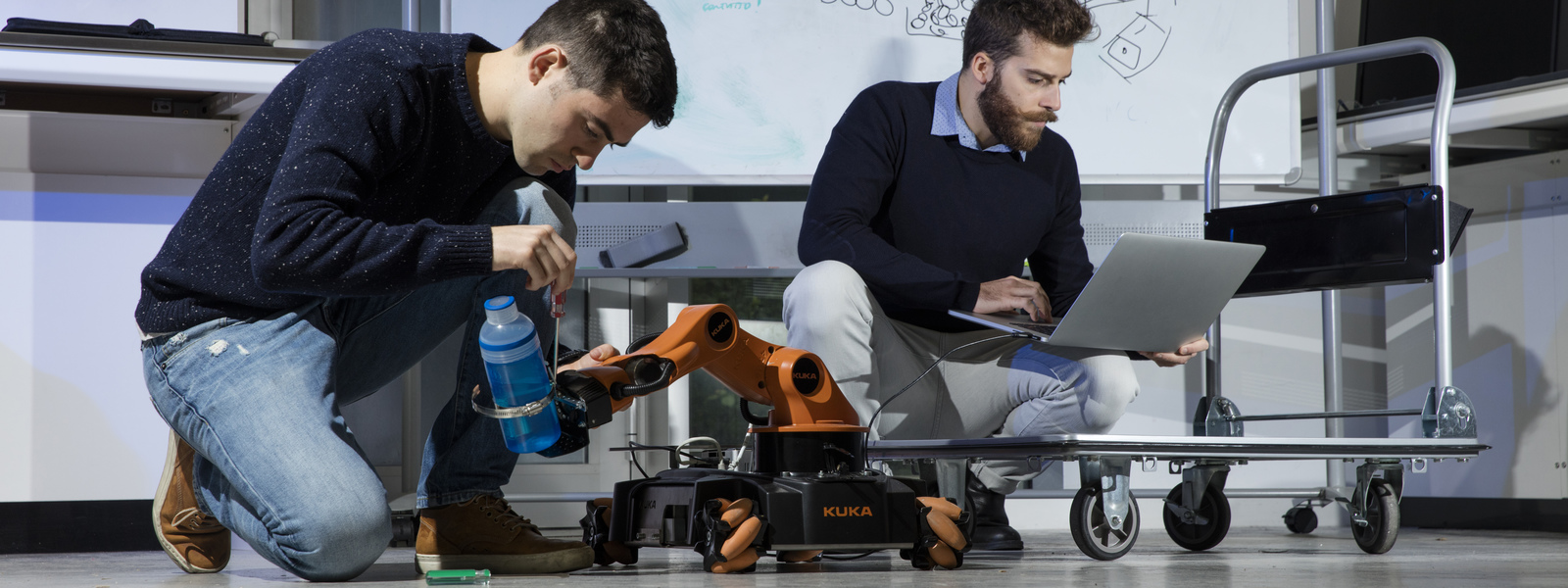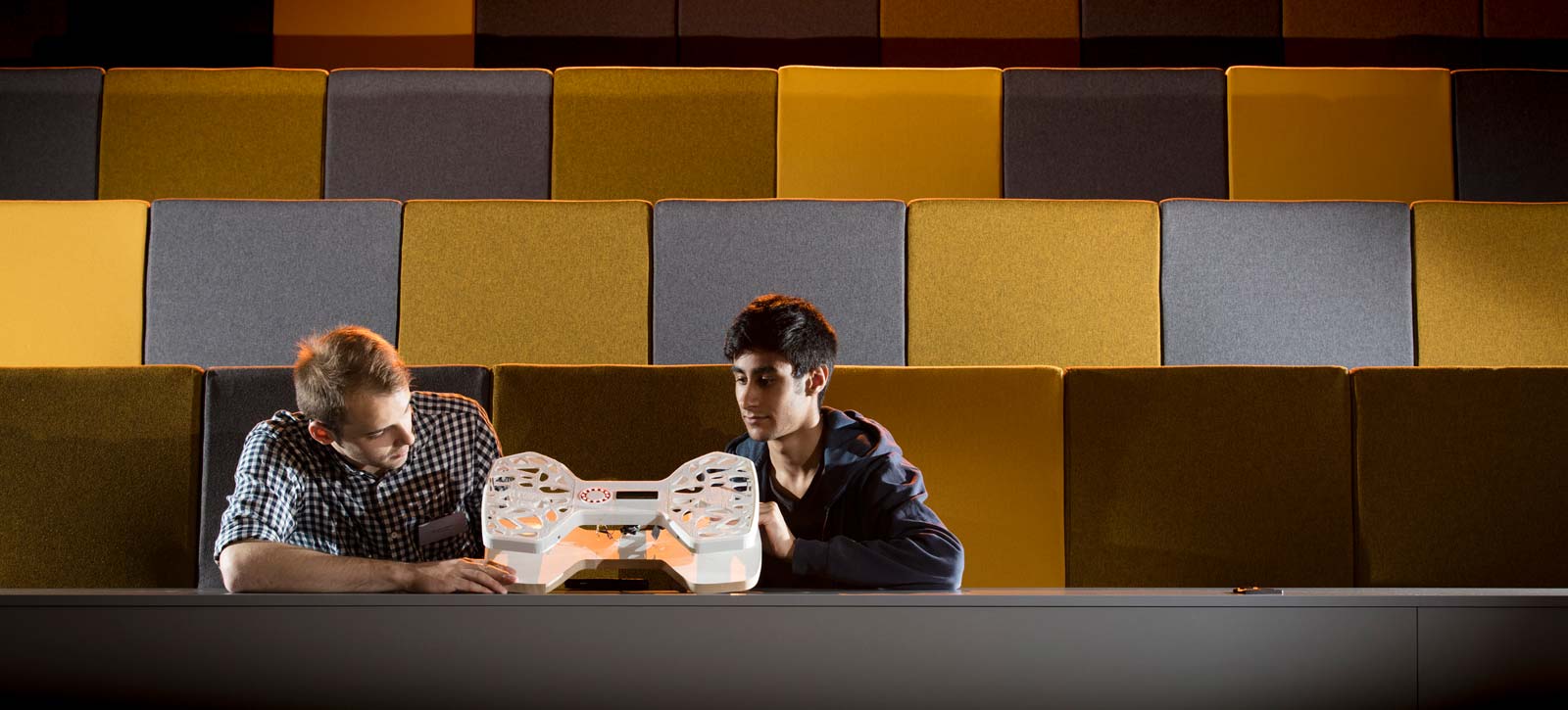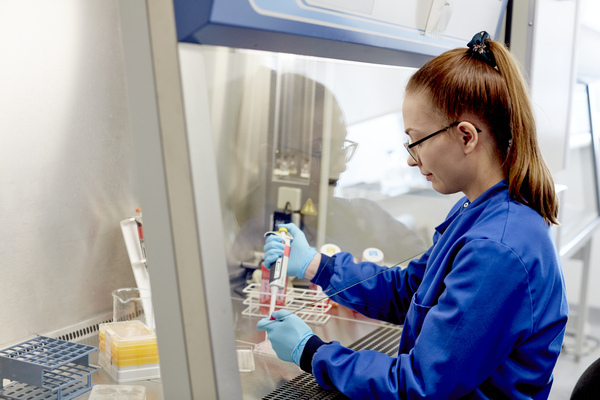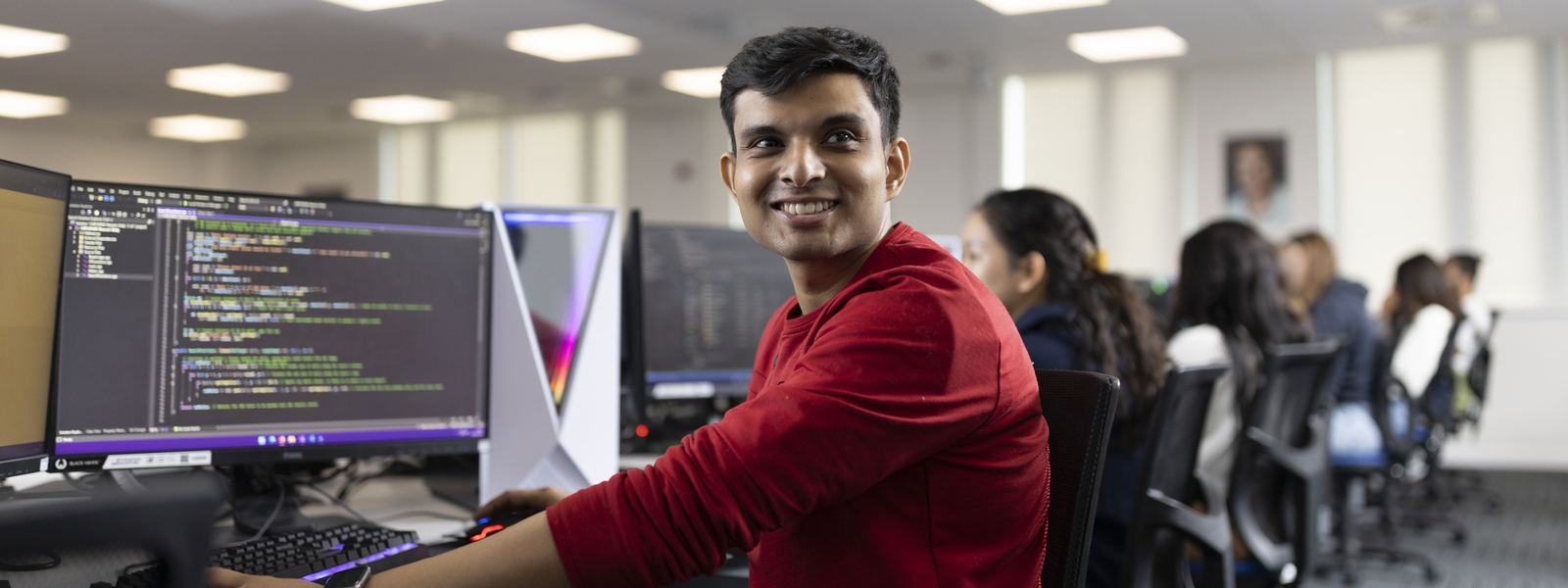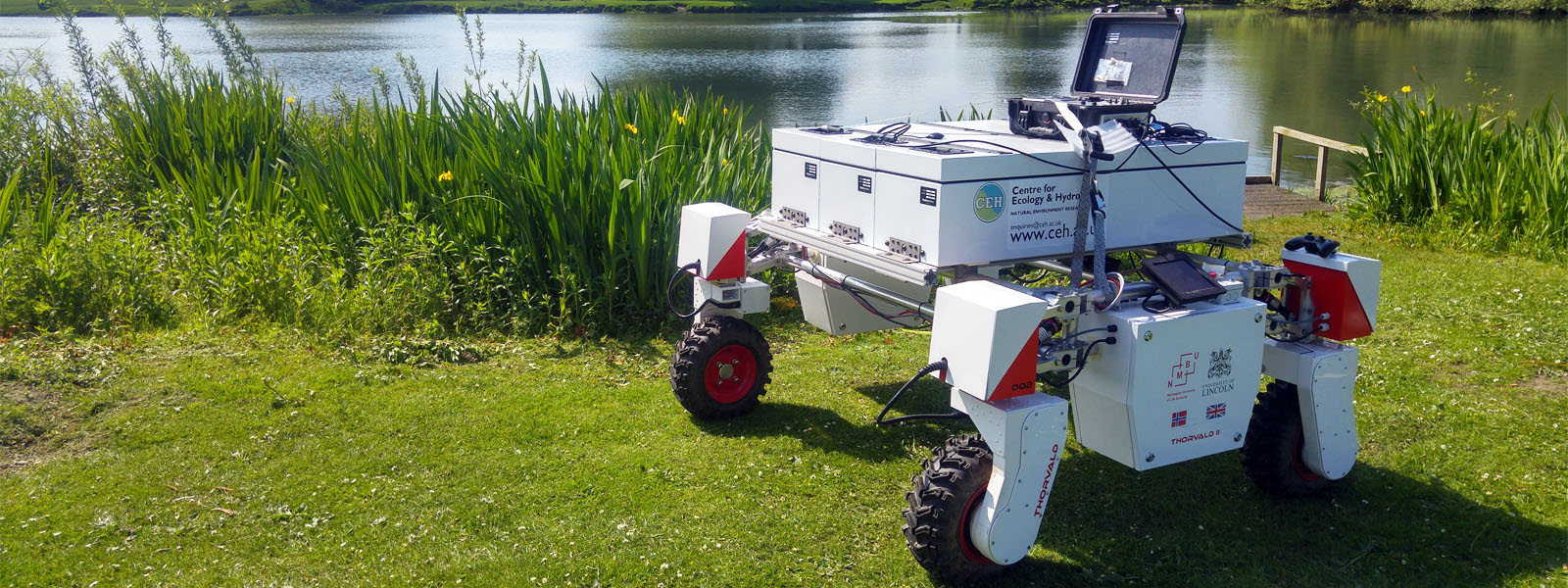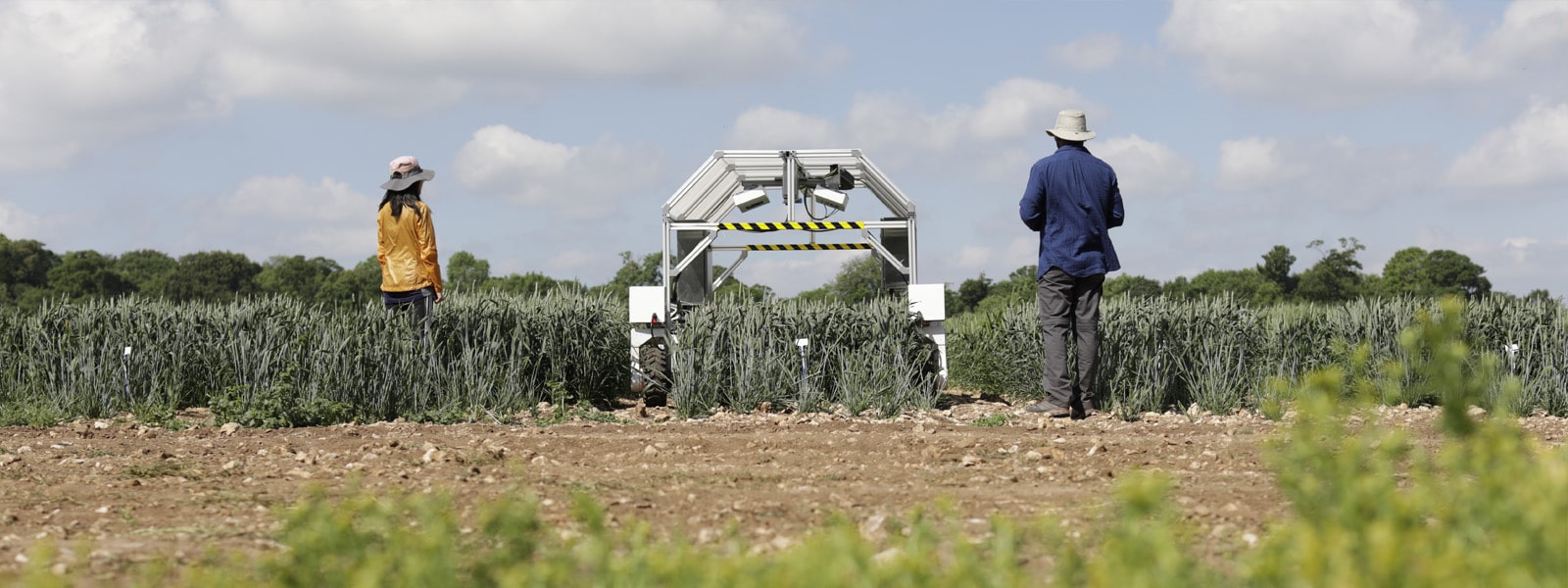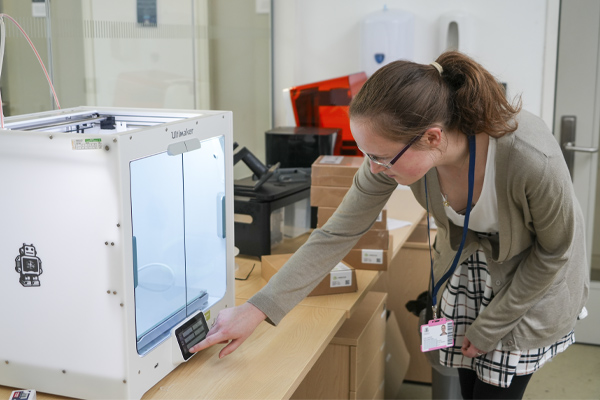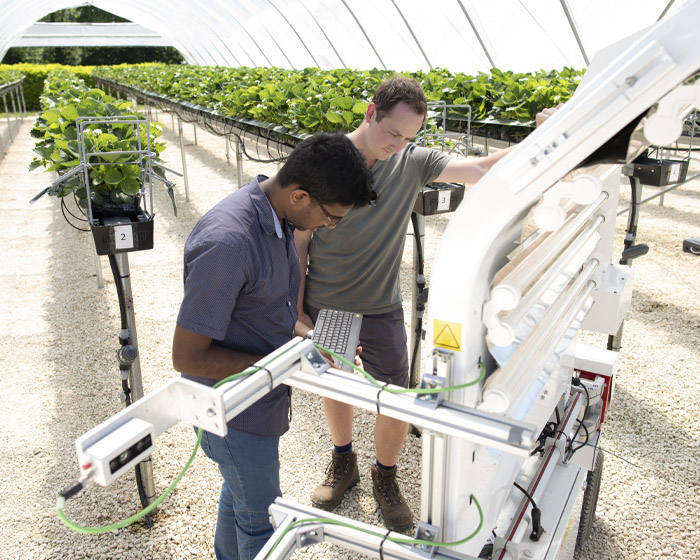Specialist Facilities
Robotics is taught across the University’s College of Health and Science, with research-informed teaching and facilities from the School of Computer Science, the School of Engineering, and Lincoln Institute for Agri-food Technology. Computer Science and Engineering at Lincoln are housed in the University’s Isaac Newton Building, while the Lincoln Institute for Agri-food Technology is situated just three miles north of Lincoln in a beautiful semi-rural setting at our Riseholme Campus.
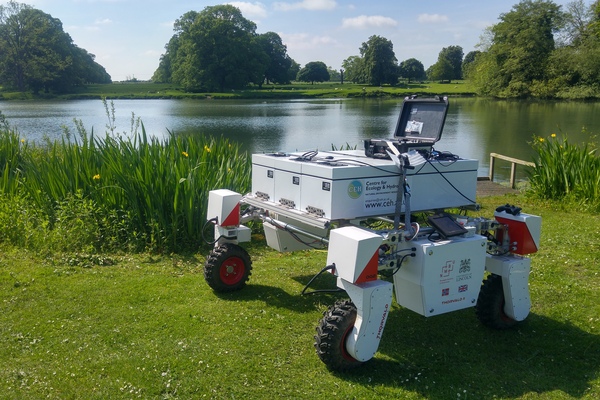
/prod01/university-of-lincoln-cdn-pxl/media/responsive2017/images/course/coursebanner/Robotics,1600X600.JPG )

